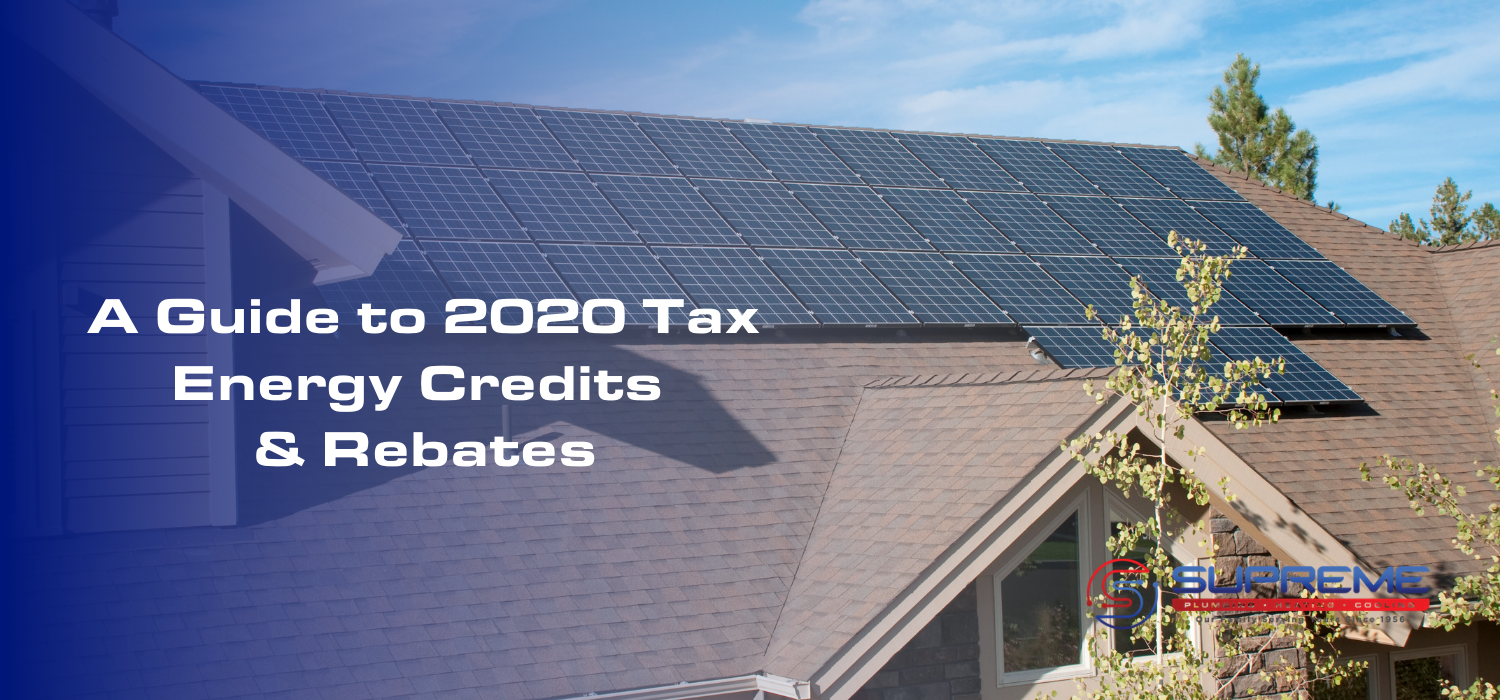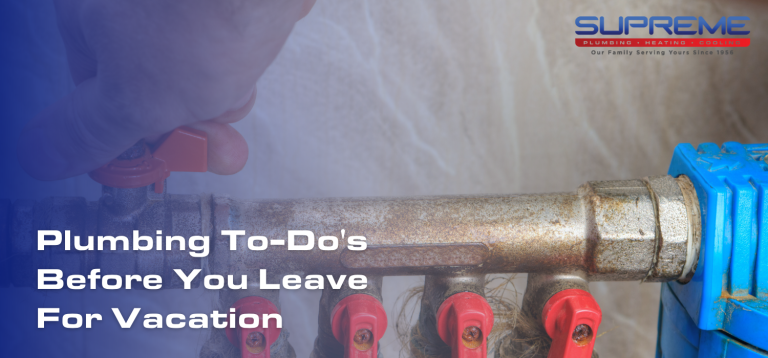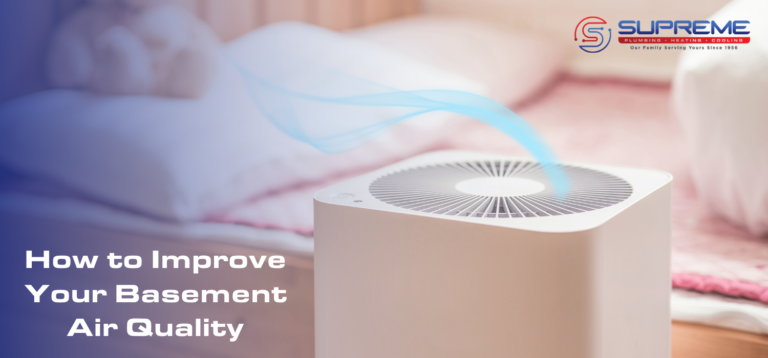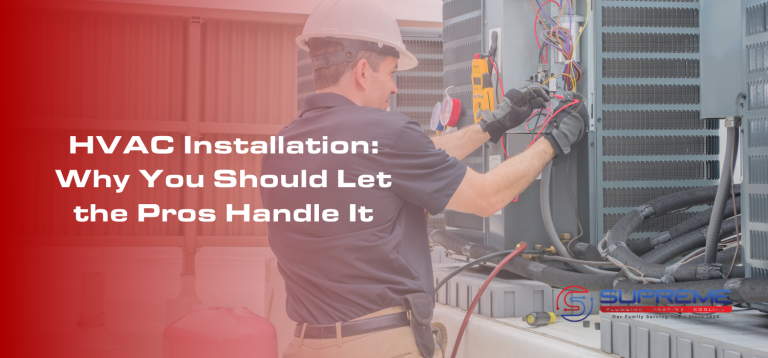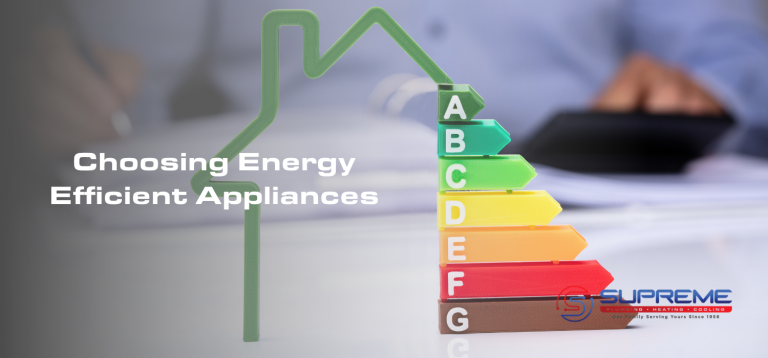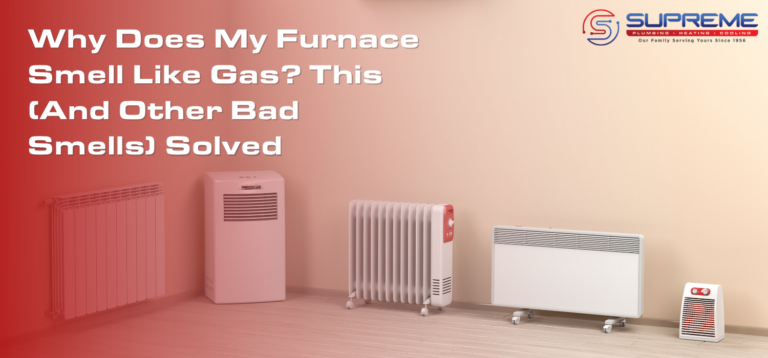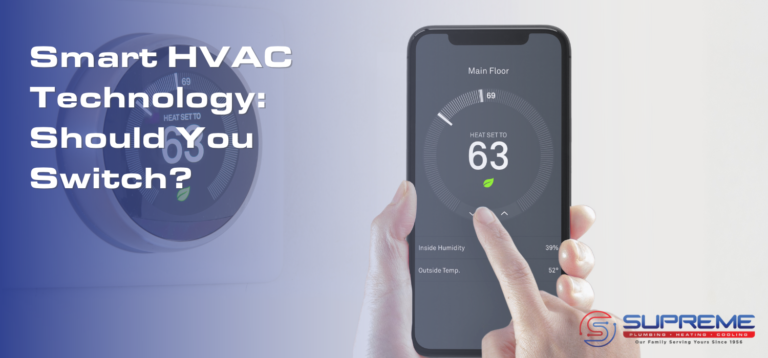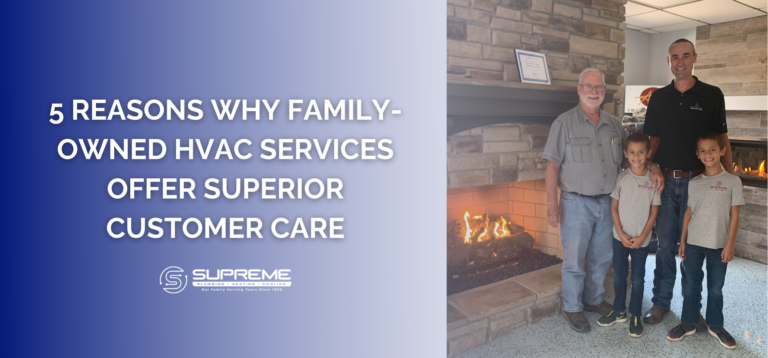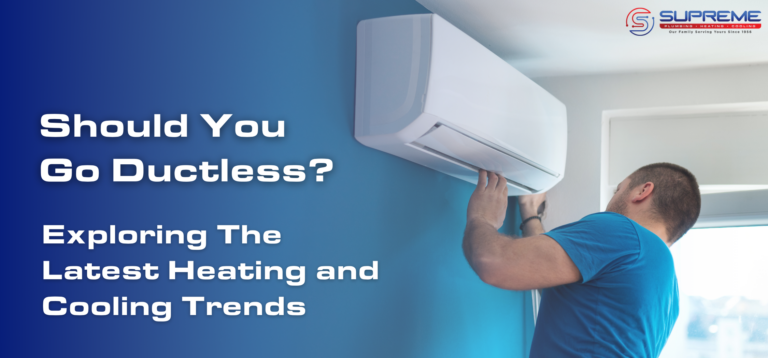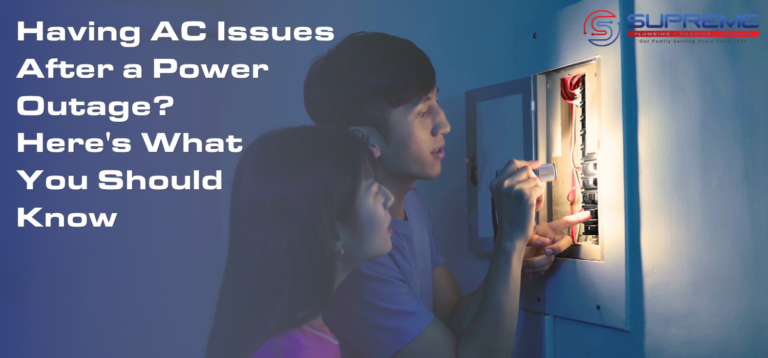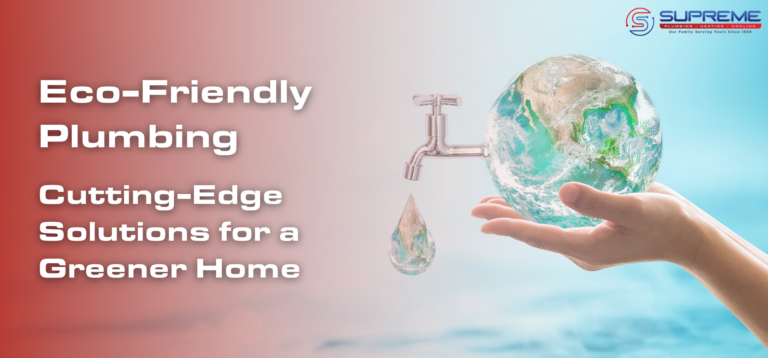Now more than ever, it is essential for us to try and reduce our energy usage and invest in greener energy sources like solar, wind, or geothermal energy to do our part and reduce the harmful effects of climate change.
That is why federal and state governments, as well as many local energy providers, offer tax credit incentives and rebates for the installation of energy-efficient HVAC appliances in your home or business.
The big questions then are: how do you know if you qualify for these credits or rebates? And where can you apply for them? Supreme PHC is happy to present our Guide to 2020 Tax Energy and Rebates to help you get Supreme Savings.
Federal Income Tax Credits
If you have installed any energy-efficient appliances over the last few years, you might qualify for up to $500 in federal income tax credits.
Tax credits for residential energy efficiency and builders of energy-efficient homes, as well as tax reductions for commercial buildings, have been retroactively extended from December 31, 2017, through December 31, 2020.
That means if you’ve invested in qualified energy-efficient HVAC appliances since 2017, you could claim a tax credit for 10% of the costs of eligible energy efficiency improvements and 100% of residential energy property costs as a maximum credit amount of $500. To apply, fill out the IRS form 5695.
What Qualifies?
The general rule of thumb is that the appliances must be ENERGY STAR certified. ENERGY STAR certified products use up to 30% less energy in the home and can help you save energy, save money, and protect the environment while producing the same or better results as less clean HVAC products.
Residential energy property costs that qualify include appliances like water heaters, heat pumps, air conditioning systems, and furnaces that can use solar, wind, geothermal energy, or energy-saving technology to reduce energy consumption.
If you’re unsure whether you qualify, your manufacturer or installer can tell you whether a particular appliance meets federal standards. Learn more about the qualifications here.
Indiana State Tax Incentives
Indiana does not offer state income tax credits. However, it provides state property tax reductions and other benefits like Indiana sales tax exemptions or renewable energy property tax exemptions for installing solar, wind, or geothermal technologies in your home or business.
In Indiana, if you generate electricity from a solar energy system under one megawatt, you are eligible for net metering. If your solar system produces excess power, it is sold back to the grid, and the amount of energy is deducted from your monthly bill or credited toward a future bill.
Learn more about Indiana’s green energy incentives.
Local Energy Rebates in Terre Haute
In the Terre Haute region, several of our big energy providers like Vectren or DUKE Energy offer energy rebates to install energy-efficient appliances. Visit their websites or talk to your provider to learn more about what rebates and incentives they can offer.
The Future of Clean Energy Incentives
So, what’s next for clean energy incentives? The Air Conditioning Contractors of America’s goal is to extend the tax credit through 2026 and work on the Home Energy Savings Act passage, which would increase the lifetime cap on credits from $500 to $1200.
Are you interested in installing an energy-efficient appliance in your home before the end of 2020? Supreme PHC offers reliable HVAC products with a wide range of energy efficiency ratings. Contact us to get started!

